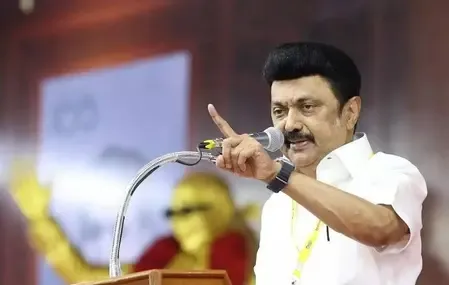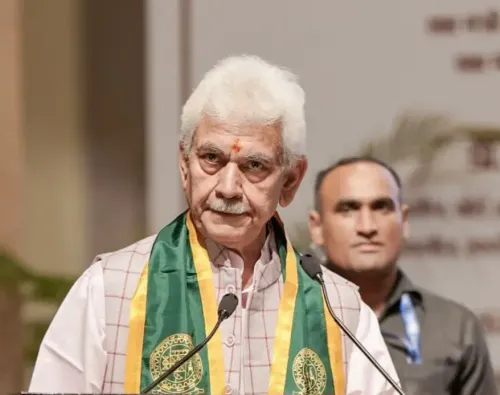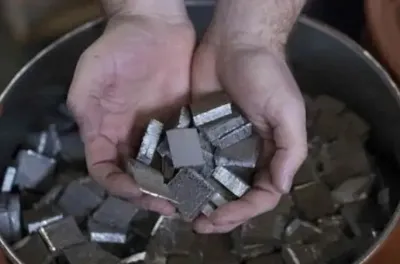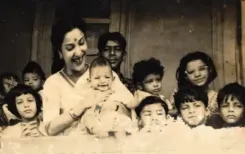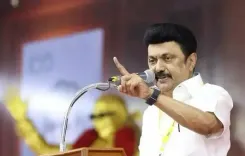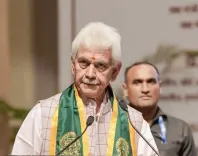Should Telangana CM Show No Mercy to Child Sexual Offenders?
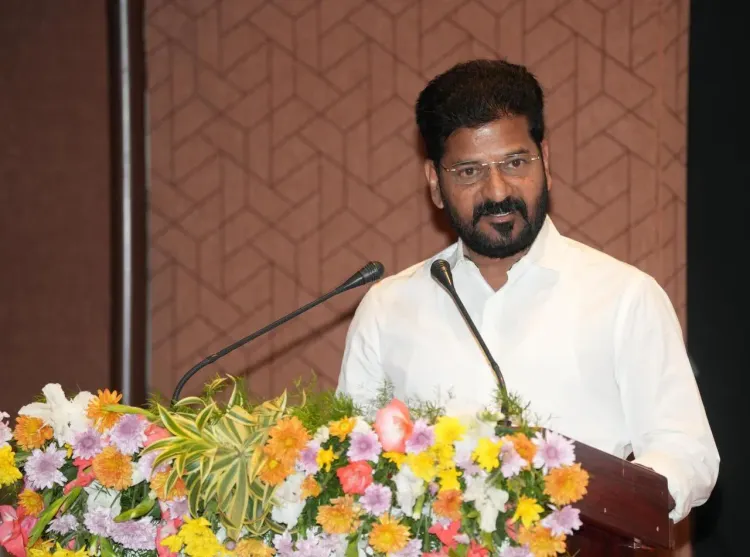
Synopsis
Key Takeaways
- Telangana CM A. Revanth Reddy calls for strict action against child sexual offenders.
- 29 Bharosa Centres provide multi-faceted support for victims.
- Child-Friendly Courts to expedite justice for child victims.
- Collaboration among sectors is essential for effective child protection.
- UNICEF emphasizes the importance of amplifying children's voices.
Hyderabad, July 5 (NationPress) Telangana Chief Minister A. Revanth Reddy emphasized the necessity of taking stringent actions against those guilty of child sexual offenses committed through social media platforms. He asserted that the state government is ready to implement all essential measures in this battle.
The Chief Minister pointed out the urgent need to tackle emerging threats such as child pornography and online exploitation, highlighting the critical role of cross-sector collaboration to ensure comprehensive rehabilitation and justice for victims.
He spoke at a state-level conference titled ‘Support for the Helpless – Protection and Rights of Children from Sexual Harassment,’ which was inaugurated by Supreme Court Justice Surya Kant.
The Women Safety Wing of Telangana Police, in conjunction with the Department of Women Development and Child Welfare, Telangana State Legal Services Authority, and UNICEF, hosted a state-level consultation meeting for stakeholders.
According to the Chief Minister, it is insufficient to merely prevent heinous crimes against children; it is essential to provide legal, moral, and holistic protection to those affected.
He reiterated that the welfare of girls and women is a top priority for the Telangana Government. In line with this commitment, the Bharosa Project was launched, and currently, there are 29 Bharosa Centres functioning throughout the state.
These centres provide not just police support but also legal, medical aid, and counselling in a nurturing environment for victims.
Telangana is recognized as the first state in India to establish Child-Friendly Courts through the Bharosa Centre located in Hyderabad.
These courts aim to expedite case resolution while simultaneously ensuring the protection and confidence of child victims, alongside initiatives for their overall development.
The Chief Minister stressed the importance of addressing the challenges in enforcing the POCSO and Juvenile Acts, ensuring these laws offer complete safeguards for victims while preventing further trauma and genuinely protecting their futures. He asserted that justice should not just be confined to court rulings but should resonate at every phase of the process, from police stations to child welfare centres.
“Justice is not merely about punishing the guilty; it also encompasses providing hope, protection, and dignity to survivors. We must take steps to help children regain their lost childhood, ensuring they are treated with respect and empathy in society,” he stated.
The Chief Minister emphasized that to prevent such atrocious crimes, a united effort from the judiciary, police officers, child welfare committees, and civil society members is essential.
Justice Surya Kant remarked that child safety is not only a legal obligation but also a moral and national duty. “Any instance of neglect or systemic failure is not just a criminal oversight but a grave betrayal of childhood,” he noted.
He praised Telangana’s Bharosa Centres for embodying the integrated vision of legal, medical, and psychosocial support outlined in national child protection frameworks.
Acting Chief Justice of the Telangana High Court, Justice Sujoy Paul, expressed serious concerns regarding the increasing number of POCSO cases. He cited data indicating a continuous rise in child sexual abuse incidents, with 98 percent involving known individuals—family members, relatives, or neighbors—underscoring the need for empathy and sensitivity from every stakeholder.
UNICEF India Representative Cynthia McCaffrey highlighted the necessity of moving from mere protection to genuine transformation. “Children in India are not voiceless—they are silenced by the system. Together, we must amplify their voices,” she stated, commending Telangana for its child-sensitive policing model.
Director General of Police Dr. Jitender discussed the impact and evolution of the Bharosa Model, which commenced in 2016 and has expanded to 29 operational centres across the state. These one-stop support centres integrate medical, legal, psychological, and para-medical assistance under one roof for child survivors of sexual violence.

